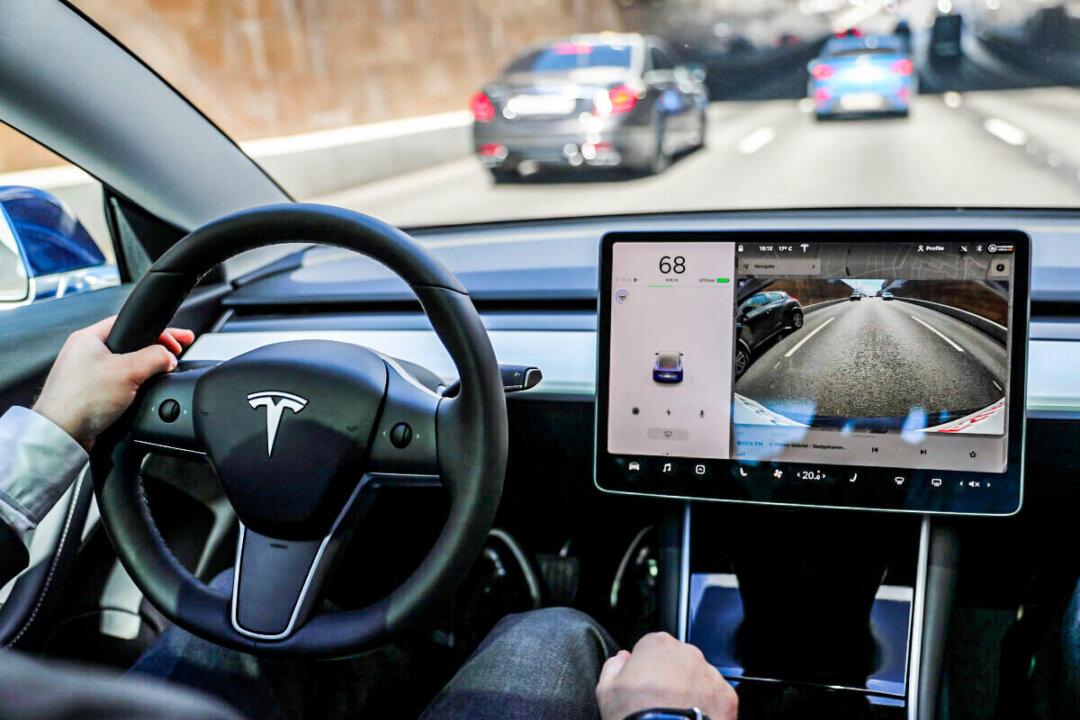Tesla is facing a new probe by U.S. auto safety regulators, who said they had received a few hundred complaints alleging unexpected brake activation in some Tesla models, an issue consumers have dubbed “phantom braking.”
The National Highway Traffic Safety Administration (NHTSA) said in a Feb. 16 notice (pdf) that the agency’s Office of Defects Investigation (ODI) had received 354 complaints claiming that 2021–2022 Tesla Models 3 and Y unexpectedly hit the brakes while the vehicles were driving at highway speeds.





